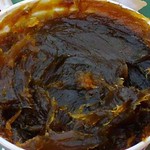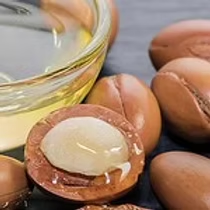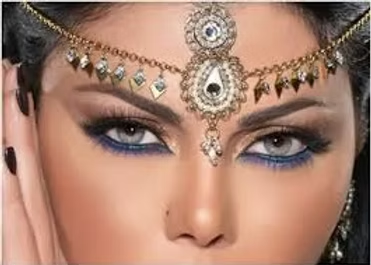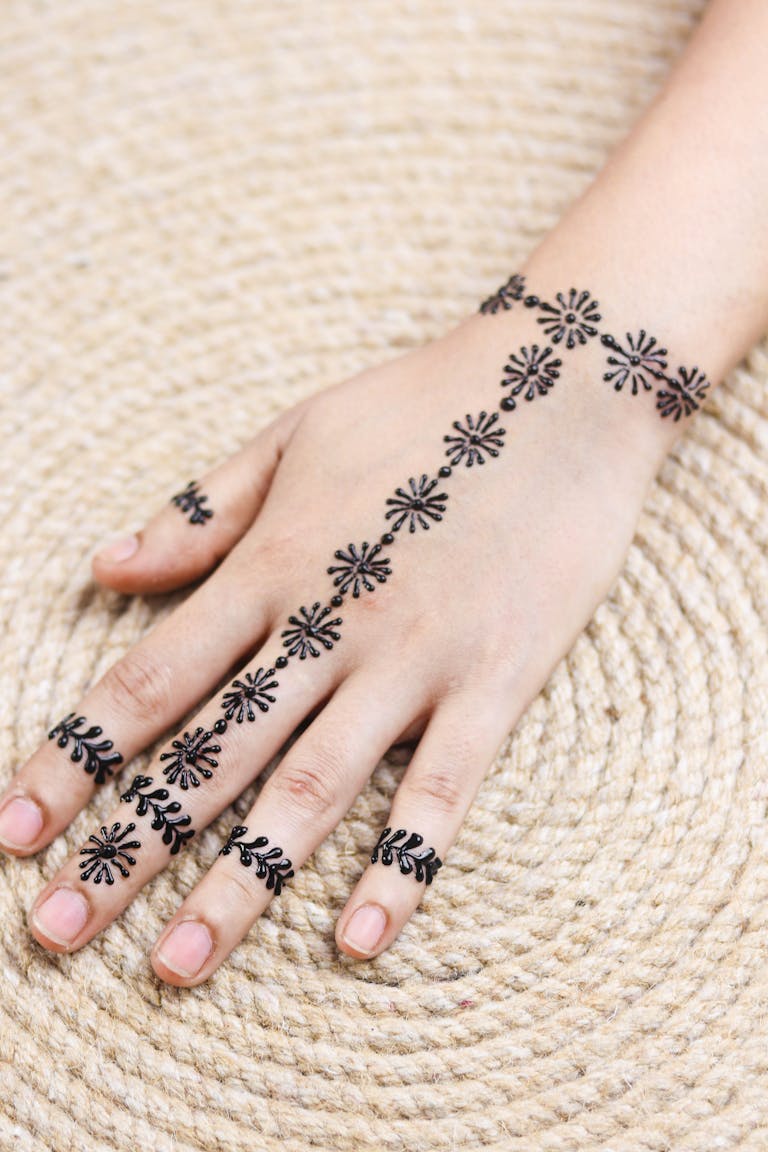Moroccan Beauty secrets you need to know.
2: Ghassoul:
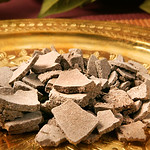
the clay of the moroccan earth
Deep in the Atlas Mountains lies a mineral-rich clay that has been cherished by Moroccan women for centuries — Ghassoul, also known as Rhassoul. This soft, natural clay is mined from the earth, then carefully washed and dried to preserve its exceptional properties. Revered for its cleansing, detoxifying, and nourishing abilities, Ghassoul has long been a cornerstone of Moroccan beauty rituals.
Unlike modern chemical-laden products, Ghassoul clay works naturally with the skin, drawing out impurities while supplying essential minerals. Moroccan women have used it for centuries in hammams — applied as a mask for the face, body, and hair — leaving skin soft, radiant, and purified, and hair glossy and strengthened.
How Ghassoul is prepared and used
Authentic Ghassoul is mined, cleaned, and ground into a fine powder that transforms into a smooth paste when mixed with water or natural oils. Many Moroccan women blend it with Argan oil, Prickly Pear oil, or Beldi soap to enhance its benefits, creating personalized treatments for hydration, exfoliation, or hair care.
In traditional hammam rituals, Ghassoul clay is applied all over the body, allowed to sit, then rinsed away to remove dirt and excess oils. On the hair, it gently cleanses while adding softness and volume without stripping natural moisture. Every pinch of Ghassoul carries the minerals of the Moroccan earth and the wisdom of centuries of natural care.
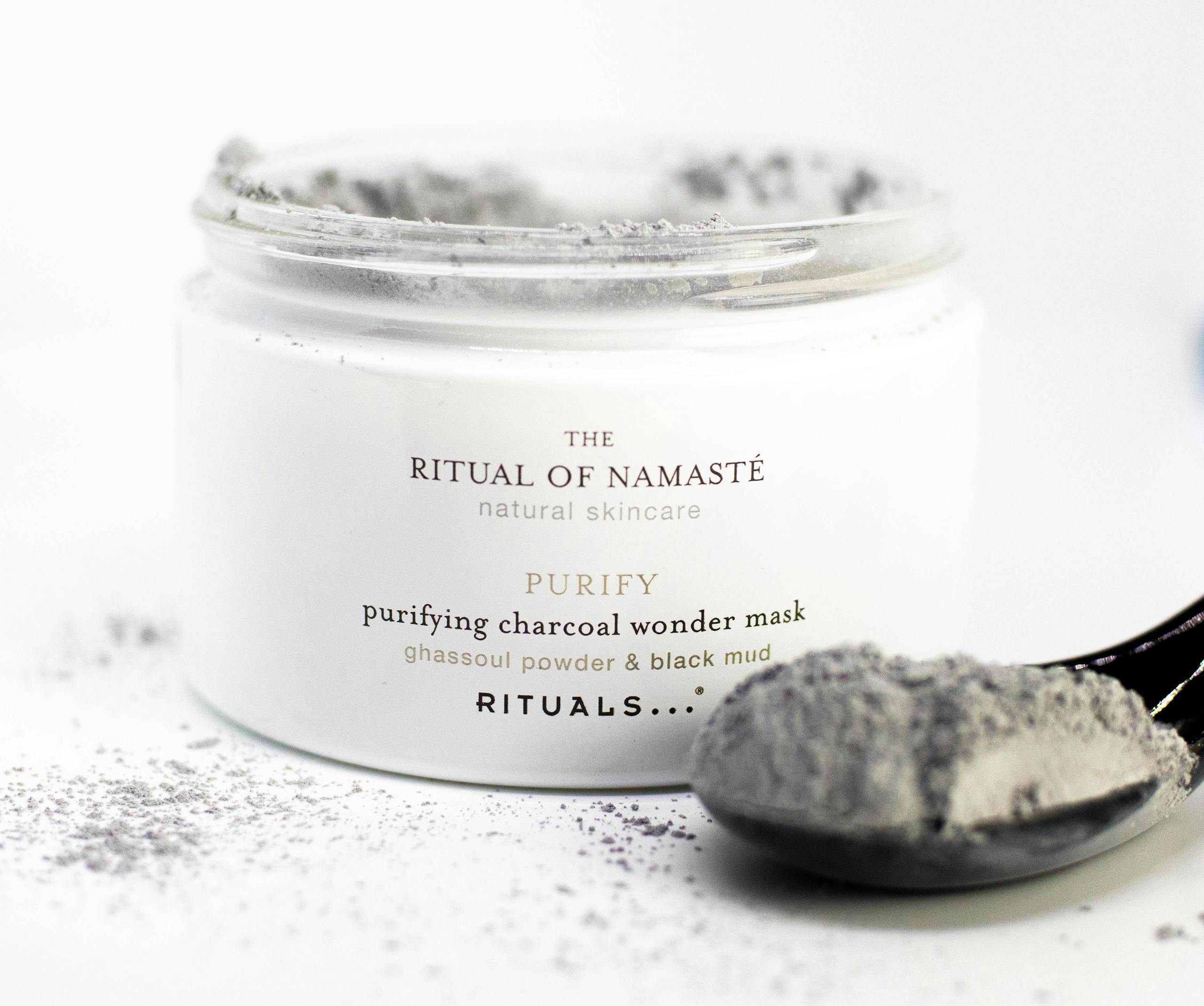
ghassoul as a Moroccan treasure
Ghassoul is more than a cosmetic clay — it is a symbol of Moroccan wellness and the artistry of natural beauty. Each treatment connects the user to the land, the women who have perfected its use, and the enduring culture of mindful care. Through Maghrebiya, I share this ancient practice with the world, offering a glimpse into Morocco’s traditions and the simple, yet profound, magic of natural ingredients.

